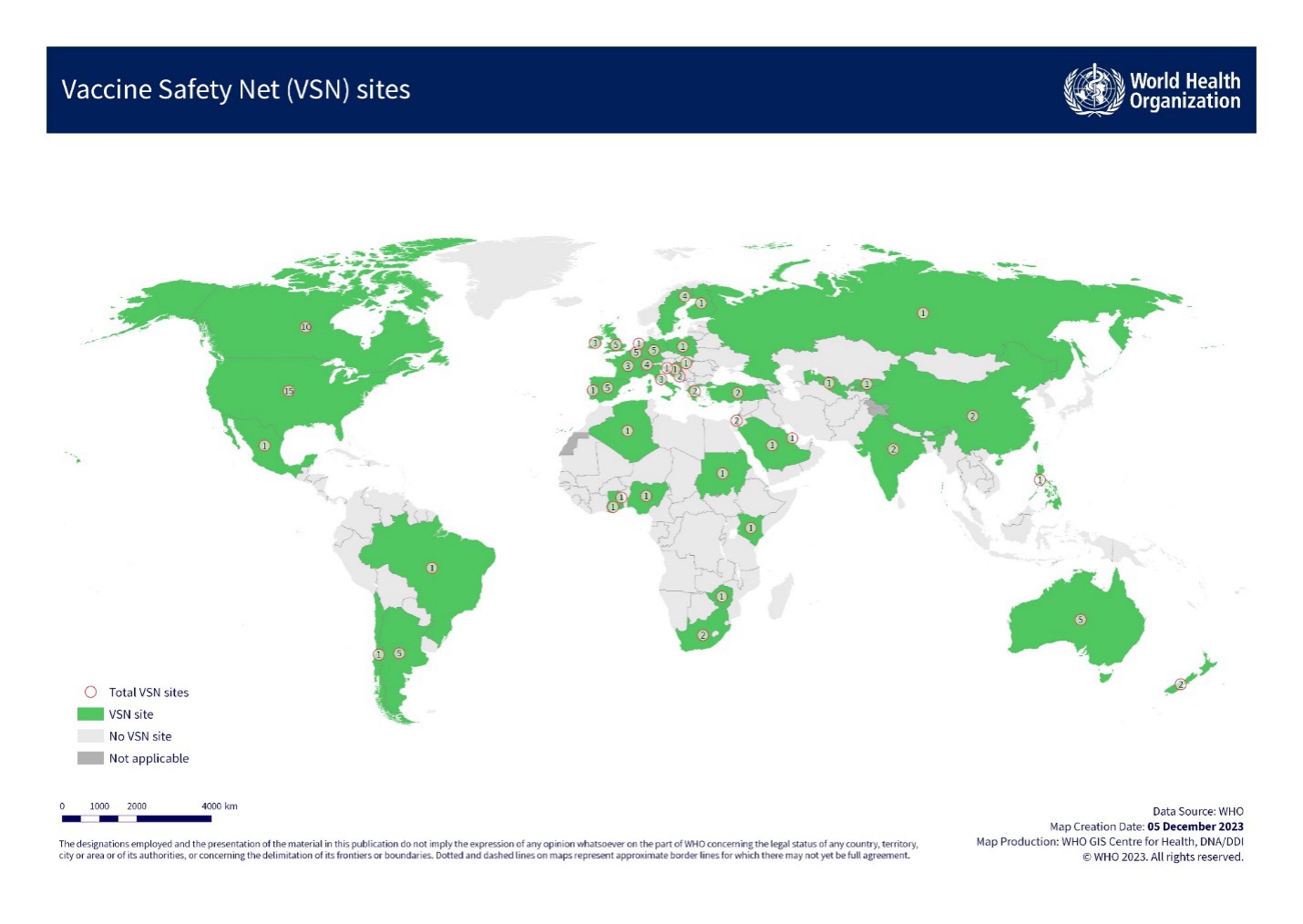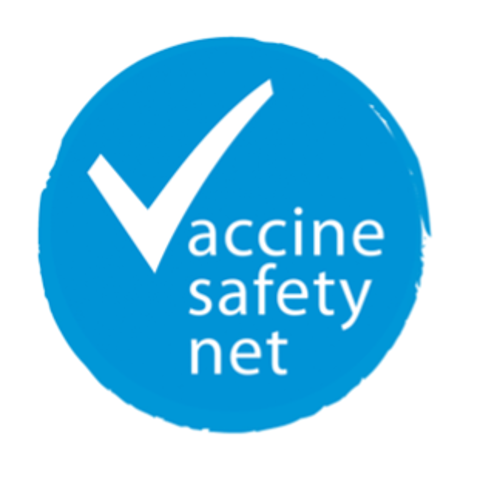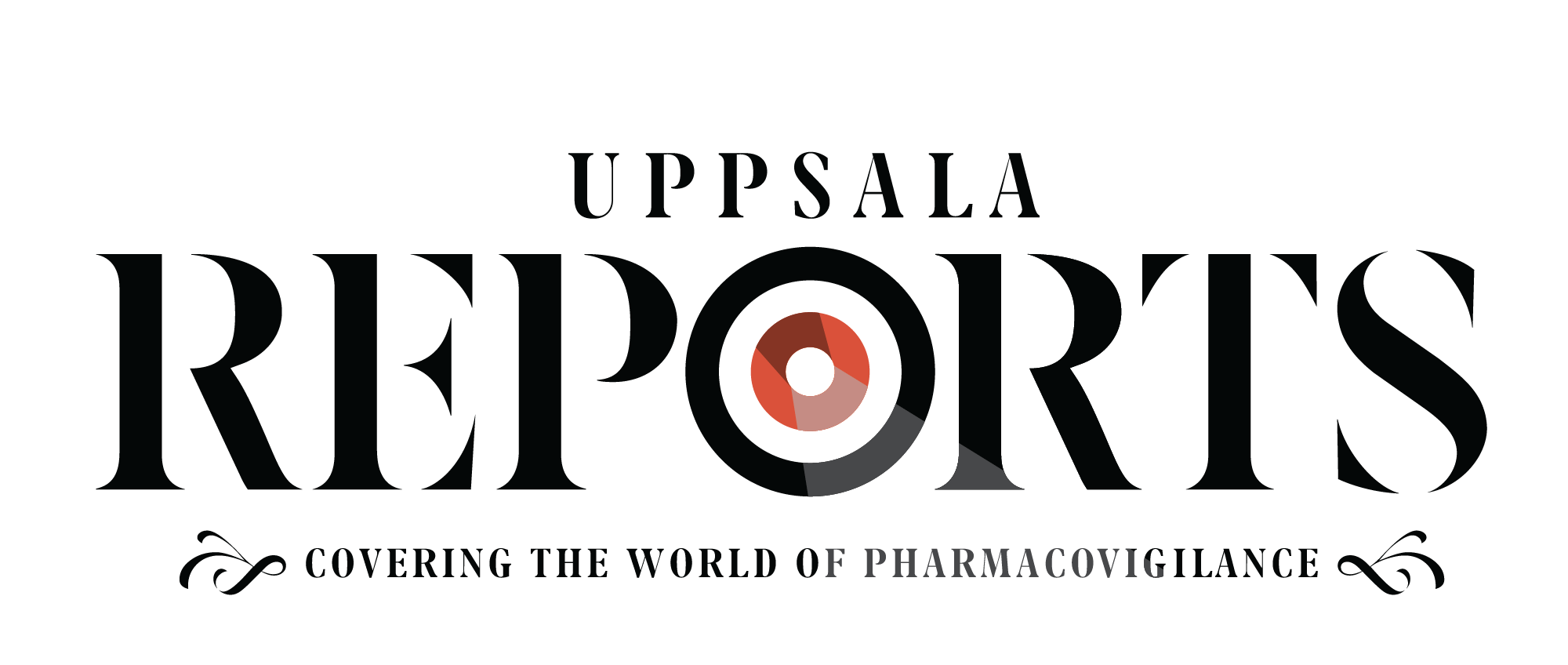
Due to the success of immunisation, some diseases are no longer perceived as a threat. This has led to certain groups questioning the utility of vaccination, despite its proven success in controlling diseases. A number of websites providing unbalanced, misleading, and alarming vaccine safety information have been established, which can lead to undue fears regarding vaccination, particularly among parents and patients.
In acknowledgement of the above-mentioned issues, in 2003 the World Health Organisation (WHO) initiated the Vaccine Safety Net project (VSN). The initiative has two primary goals: to facilitate access to reliable and science-based information on vaccine safety for internet users, and to collaborate in sharing experiences related to vaccine safety communication. VSN candidates undergo evaluation by WHO based on the criteria of good information practices, and membership is granted based on the website’s credibility, the quality and accuracy of its content, website accessibility, and overall design. This has resulted in a network of diverse websites that provide science-based information on vaccine safety in various languages.
A key player in this initiative is the Global Advisory Committee on Vaccine Safety (GACVS), established by WHO in 1999 to respond promptly, efficiently, and with scientific rigor to vaccine safety issues of potential global importance. GACVS is responsible for the development of the VSN criteria implemented by WHO.


The VSN criteria comprise four categories regarding good information practices: content, credibility, accessibility, and design, to which digital resources providing information on vaccine safety should adhere. The four broad categories characterise 44 formal assessment criteria for vaccine websites, some of which are mandatory and some as desired. The criteria are grouped as follows:
- Credibility (25 mandatory criteria)
- Content (quality and quantity) (7 mandatory and 1 desired criterion)
- Accessibility (2 mandatory and 4 desired criteria)
- Design (2 mandatory and 3 desired criteria)
The WHO Pharmacovigilance (PVG) team employs these criteria to evaluate candidate websites and re-evaluate existing VSN member websites. You can find detailed criteria on the VSN portal at www.vaccinesafetynet.org.
Applicants apply by sending a request for a site evaluation to pvsupport@who.int. The WHO PVG team will then assess the applicant’s website and provide feedback regarding any areas that require clarification or improvements to meet the GACVS criteria, along with a set of recommendations to assist them in meeting these criteria. Once the identified issues have been addressed to the satisfaction of the evaluators, WHO will add the website to the list of VSN members.
VSN members websites are authorised to display a VSN visual identity on their homepage, which signals to visitors that they are accessing a reliable source of trusted vaccine information that adheres to good information practices as defined by the GACVS.
One of the network's greatest assets is the diversity of its websites. These websites are owned by international organisations, ministries of health (MOH), national regulatory authorities (NRAs), national immunisation programs (NIPs), national pharmacovigilance centres, professional associations, academia, information platforms, fact-checking organisations, as well as popular women's magazines, from both high-income and low-income countries. This ensures that scientifically accurate vaccine safety information reaches people from all walks of life, regardless of location or how they access information. The network continues to grow, and as it grows, hopefully public misinformation and vaccine hesitancy will continue to diminish.
Copyright notice
© World Health Organization 2024. Licensee (Uppsala Monitoring Centre)
This is an open access article distributed under the terms of the Creative Commons Attribution IGO License (http://creativecommons.org/licenses/by/3.0/igo/legalcode), which permits unrestricted use, distribution, and reproduction in any medium, provided the original work is properly cited. In any reproduction of this article there should not be any suggestion that WHO or this article endorse any specific organisation or products. The use of the WHO logo is not permitted. This notice should be preserved along with the article's original URL.
Disclaimer
The authors are staff members of the World Health Organization. The authors alone are responsible for the views expressed in this article and they do not necessarily represent the decisions, policy or views of the World Health Organization nor of Uppsala Monitoring Centre.





